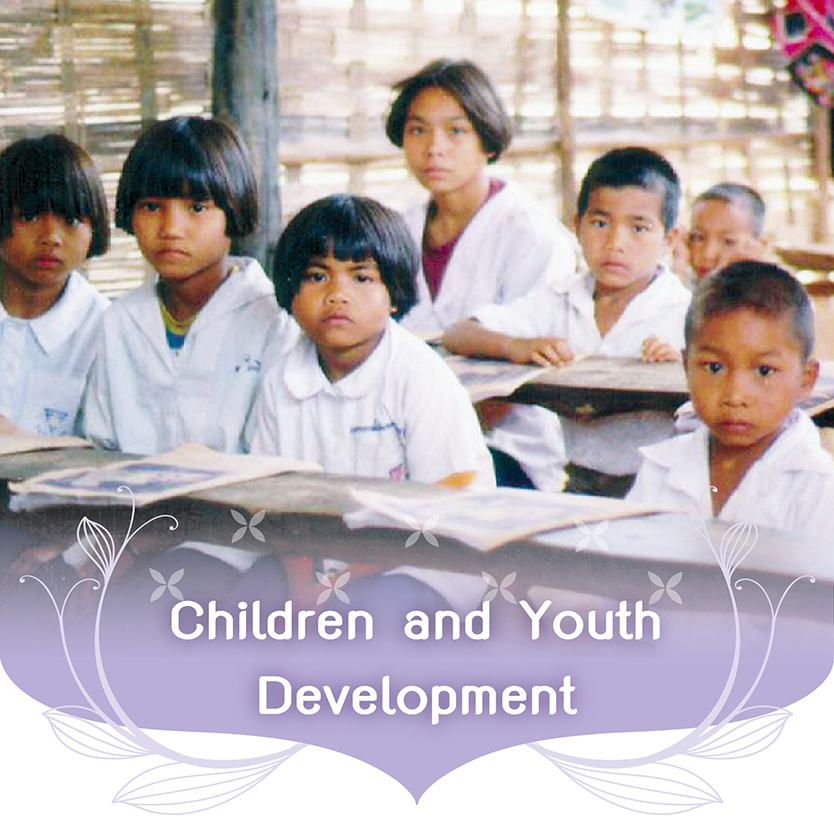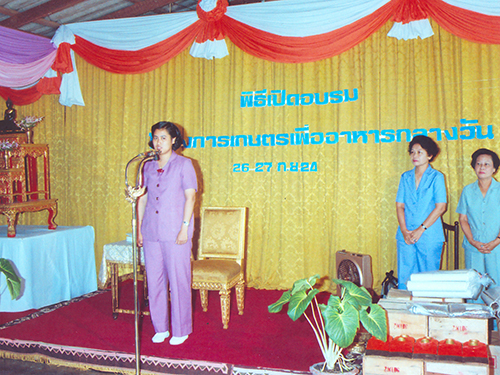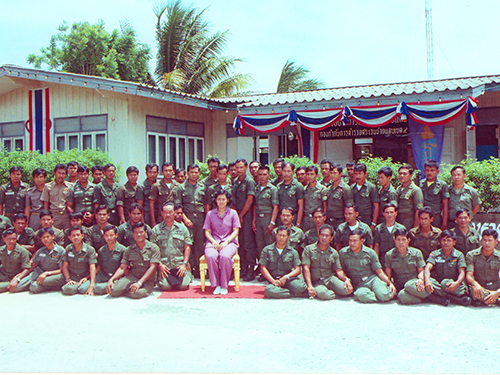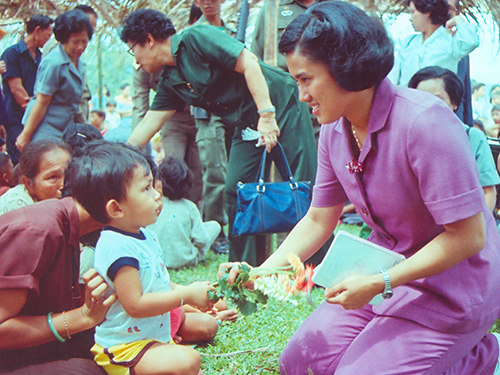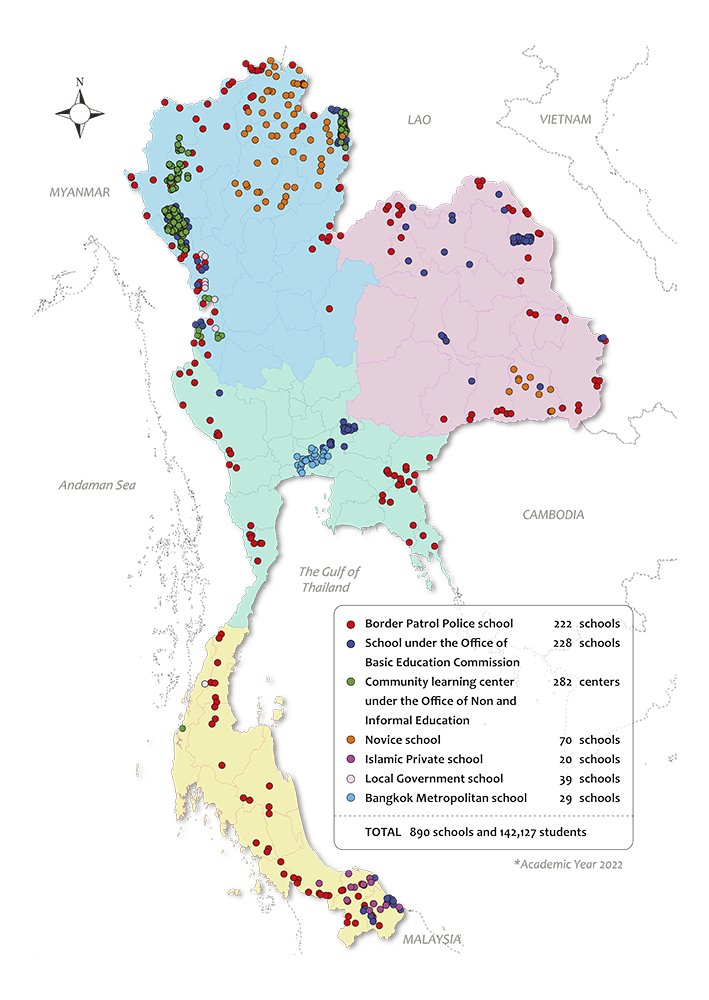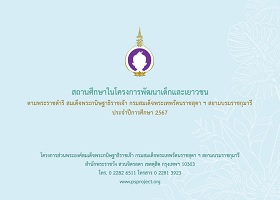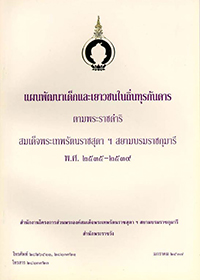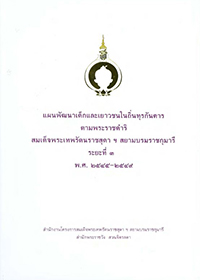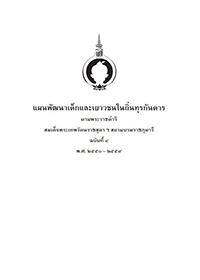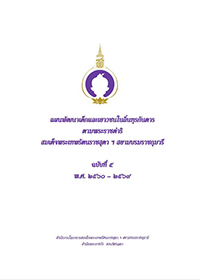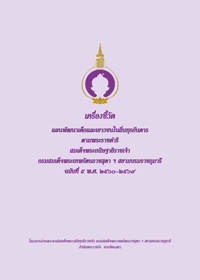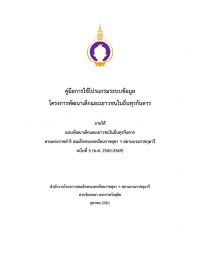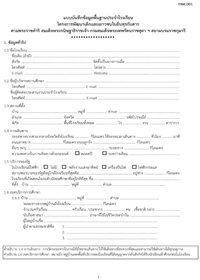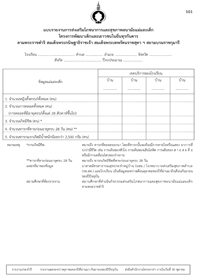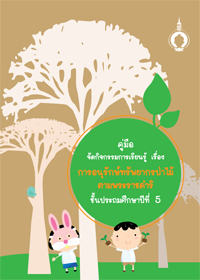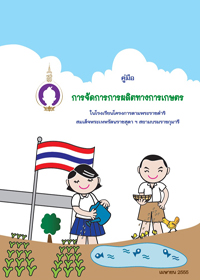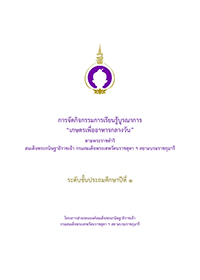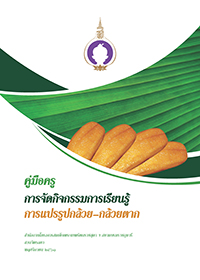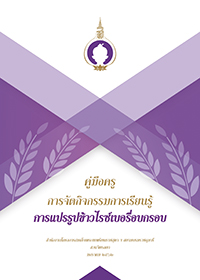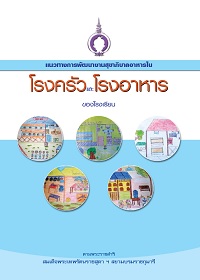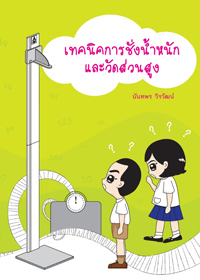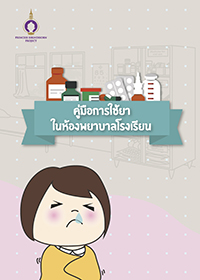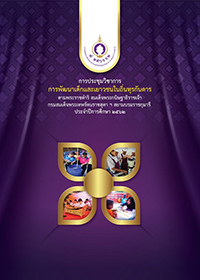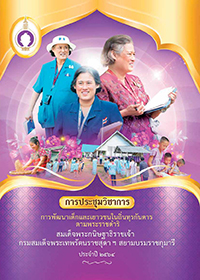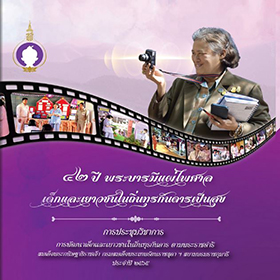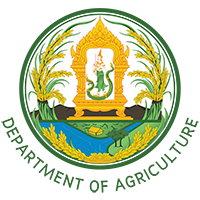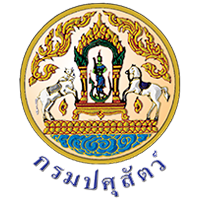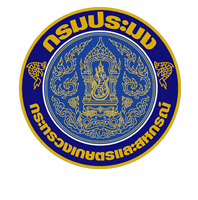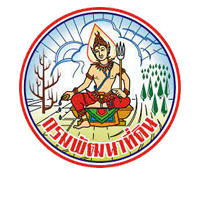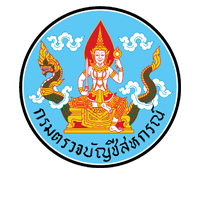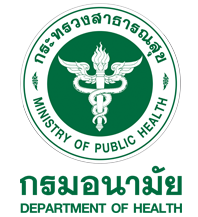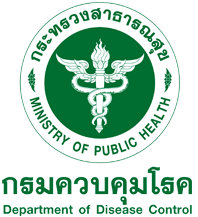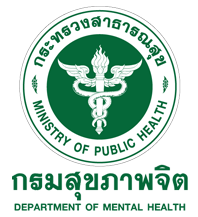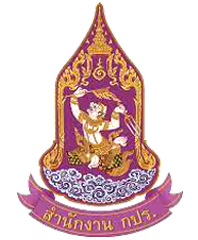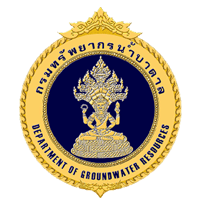… It was around May 1979 or 1980, I suppose, when I took an interest in this issue. However, I did not quite have the principles or methods. So I put it to trial at a Border Patrol Police School, which was quite remote and under harsh conditions. In the beginning, I focused on how those young ones of school age could become healthy and ready for classes, so that they could learn and develop as responsible and productive members of their communities…
Seminar for Border Patrol Police Principals
August 26, 1988, Bangkok, Thailand
Background
To improve children’s quality of life and future outlook, Her Royal Highness Princess Maha Chakri Sirindhorn began her first project in 1980 which focused on improving the nutritional status of children attending schools in remote communities. She initiated the Agriculture for School Lunch Project, which was designed to combat malnutrition among school children and thus facilitate their learning. To determine what model would be the most effective, Her Royal Highness piloted the project in three remote schools under the Border Patrol Police Bureau in Kanchanaburi, Ratchburi, and Prachuab Khiri Khan provinces. A year later, this project showed good results and was expanded to other remote schools throughout the country.
In undertaking her children and youth development work, Her Royal Highness holds a pragmatic view of development. Focusing on early childhood care for survival, growth, and development, as well as quality basic education beyond the primary level, Her Royal Highness concentrates her efforts on three key steps for development. In step one, Her Royal Highness’s projects ensure that every child reaches school age alive, healthy, and well-nourished, as well as ready and able to learn. The focus here is on promoting nutrition and health for preschool and school age children. The second step in Her Royal Highness’s development work concentrates on improving child learning and skill development, by making basic education accessible to all children, and ensuring that children learn what they need to learn to become self-reliant. In the third step, children who show good potential are given greater educational opportunities to pursue higher education, so that they can become more productive and effective human resources for the country. In addition to assisting in children’s growth and development, the schools under Her Royal Highness’s patronage are transformed into information centers that can provide advice and other assistance to people living in remote communities.
Children and Youth Development Plan
(in Thai)
Manual / Teaching Materials
(in Thai)
Annual Conference on Children and Youth Development Program
(in Thai)



